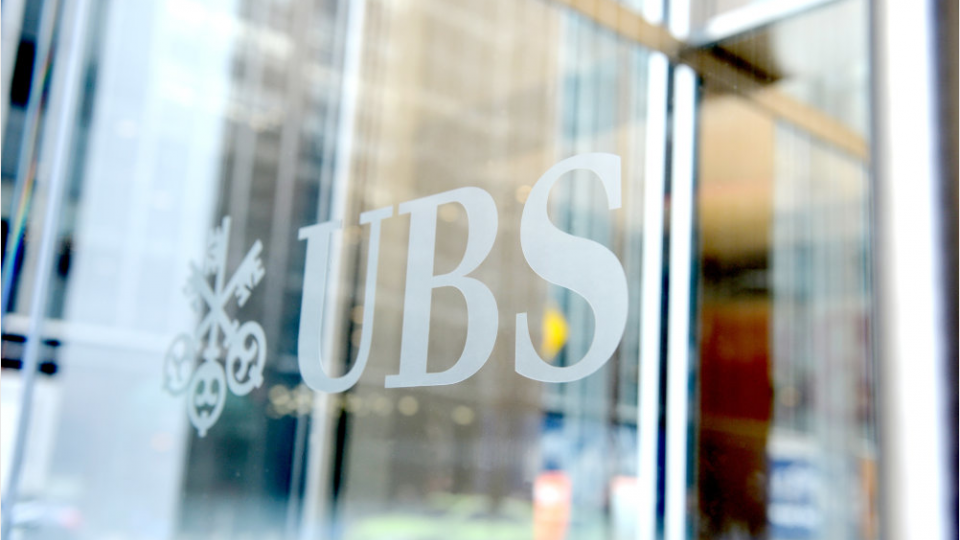
In coming months, the market may confuse the Federal Reserve’s increasing bullishness on the US economic outlook with hawkishness on rate expectations, says Evan Brown, Head Multi Asset Strategy at UBS Asset Management in his latest Macro Monthly.
“Lingering fears about the pandemic’s drag on the growth outlook are poised to ebb, replaced by a swell of relief and optimism. Fixed income markets may appear ripe for a repricing. On the surface, ultra-low interest rates and massive bond purchases by central banks may appear to be obviously inconsistent with this improving outlook. Investors could look to more aggressively price in the withdrawal of stimulus. There would likely be pressure on yields, particularly at the 10- and 30-year parts of the curve, and to a lesser extent, two and five-year borrowing costs, as well.”
“This would be the market testing the Fed on the implications of its new flexible average inflation targeting framework. And we believe that the Fed will win by not allowing prolonged market volatility that jeopardizes future progress towards its dual mandate goals. Strengthening and reinforcing forward guidance, both by rhetoric and in its forecasts, will affirm that rates are poised to remain at zero until the recovery is complete and push back against any disorderly bond selloff.”
“We are cognizant of the downside risks to growth posed by virus mutations that could undermine the effectiveness of vaccines. But we think a more probable source of disruption to risk assets will be found in how the Fed navigates its looming communications challenge.”
“The initial burst of annual inflation this spring will be spun as the start of an era of more elevated price pressures resulting from expansionary monetary and fiscal policy, leading to premature worries that the Fed is behind the curve. This may foster a broad tightening of financial conditions: a potentially disorderly rise in real yields and the US dollar with negative spillovers for risk assets. Long-duration assets like growth stocks, whose particularly lofty valuations are predicated on ultra-low rates lasting in perpetuity, would be particularly challenged in such an environment.”
“We retain a moderate overweight to equities, but do not view this as the appropriate time to add risk since this negative catalyst could soon surface. Within equities, value and cyclical segments of the market are better equipped to outperform amid this kind of volatility. Credit, particularly IG credit, may also be vulnerable in a rates-driven bout of risk aversion because of its duration component. We have reduced some of our short dollar exposure ahead of any potential premature Fed tightening scare.”
Here you'll find the complete Macro Monthly 'The market wil test de Fed. The Fed will win.' from UBS Asset Management.